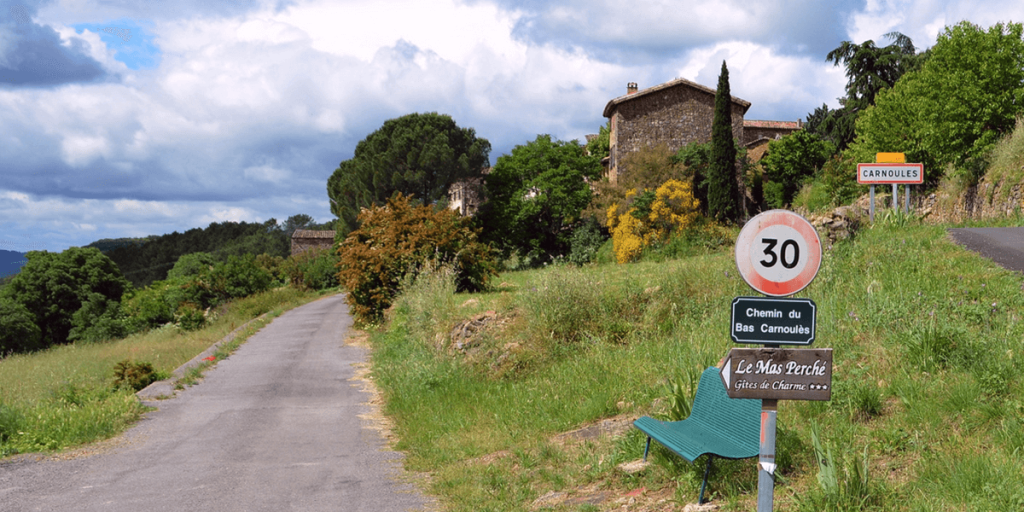
Six years ago, when my wife and I first moved to France from New York, I adjusted surprisingly easily to life in a foreign country. Some things were different, sure. There was less AC and less ice in the water. It was cheaper to get good wine, but much harder to get anything done on Sunday. Otherwise, things were pretty similar, right down to the A.P.C. jeans everybody wore and the latest Netflix series everybody watched. I’m generalizing and simplifying, but the point remains. What I had not anticipated was the enormous divergence between the two cultures when it comes to leisure—specifically, the near-religious reverence with which Europeans, but especially the French, approach August vacation.
We moved in the summer, so not until the following March did I began to notice—with amusement at first and then alarm—the frequency with which my wife and our friends and family began to inquire about our holiday plans. Where are you going in August? Do you have a house booked? But what are you waiting for? If you wait too long, there won’t be anywhere left in the South of France or the Amalfi Coast. And even if you do find an Airbnb, there will be no one left to share it with because everyone will have already made plans …
For years, I resisted the pressure to make these decisions until the last possible minute, partially out of a general freelancer’s insecurity over locking in expenses ahead of pay, and partially out of what I’ve come to see as a deeply ingrained—and entirely wrongheaded, perhaps even masochistic—Anglo-American suspicion of vacation itself. Even—no, especially—my best-paid and most successful American friends hardly took two weeks off at a time, whereas in Paris three-, four-, and in some cases five-week sojourns were par for the course regardless of class or industry. My local dry cleaner and cheesemonger take some of the longest annual breaks I’m aware of.
This was a source of relentless frustration in those early years when I simply wanted a shirt pressed or a chunk of Comté, but at some point, I gave in and accepted that French society had decided that nothing gets accomplished between the end of July and the beginning of September. Resistance is not only futile, it’s perhaps even rude. Now I’m a convert. I’ve come to see this refusal to prioritize the prerogatives of the market as one of the core virtues of modern French life—a humane and collectively made decision to value life’s intangible, ostensibly gratuitous joys. The idea that the French don’t work much is a commonplace in the United States; less appreciated is that, measured per hour, their productivity rates eclipse those of their harried American counterparts.

